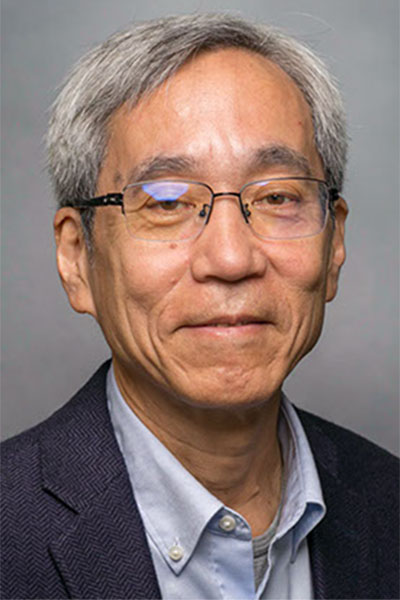Presentation: Sexuality After a Diagnosis of Cancer: What Is Lost Can Always Be Found

Don S. Dizon, MD
Professor of Medicine and Professor of Surgery,
Brown University Health Cancer Institute
What is your presentation about?
Sexuality is an important aspect of everyone’s lives, but after cancer it is commonly impacted in a negative way. Unfortunately, it is something that rarely comes up in visits, especially if someone has advanced or metastatic disease. But, this can be very important, and if it is, it is not something that one should sacrifice after cancer. This presentation reviews the impact of cancer on sexuality and points to evidence-based therapies to rediscover it.
How do you hope your presentation will impact breast cancer research, care, or advocacy?
Because sexuality is not often discussed, it is important that people diagnosed with, treated for, or living with breast cancer are empowered to know that it is an inherent human right — and a significant experience — that one should not have to give up.
How did you get involved in this particular area of breast cancer research, care, or advocacy?
I trained at Memorial Sloan Kettering in the 1990s and worked closely with my colleagues doing work in this space. I was shocked to learn sexuality services were not available in most centers so dedicated a large portion of my career advocating for sexuality counseling and access to care.
Presentation: Eating and Drinking

Lawrence Kushi, ScD
Director of Scientific Policy,
Division of Research, Kaiser Permanente Northern California
What is your presentation about?
Of great interest is whether there are actions that individuals can take to improve their health after a breast cancer diagnosis. Can dietary choices or use of alcoholic beverages impact outcomes such as recurrence rates or survival? There is increasing evidence from epidemiologic studies of breast cancer survivors that these may indeed make a difference in cancer prognosis and outcomes.
How do you hope your presentation will impact breast cancer research, care, or advocacy?
This presentation will summarize some of the evidence from recent studies that have examined whether dietary factors, including alcohol intake, influences outcomes after a breast cancer diagnosis. These findings provide a basis for recommendations, based on current knowledge, and point to areas of promising research to further improve the health of breast cancer survivors.
How did you get involved in this particular area of breast cancer research, care, or advocacy?
I was involved in some of the earlier prospective cohort studies examining the role of dietary fat intake and other factors in the development of breast cancer. It became increasingly apparent that there was little attention being directed to the question of whether diet and related lifestyle factors after breast cancer diagnosis may be important. I set out to pursue such research studies, and have been involved in this area of research, and related areas such as cancer care delivery research in breast cancer, for the past two decades.
Access the 2024 SABCS® virtual platform
Watch any sessions you’ve missed and stay connected with fellow attendees in the online platform of the 2024 San Antonio Breast Cancer Symposium®. Recordings of sessions will be available on demand for registered 2024 SABCS® participants until March 31, 2025.

